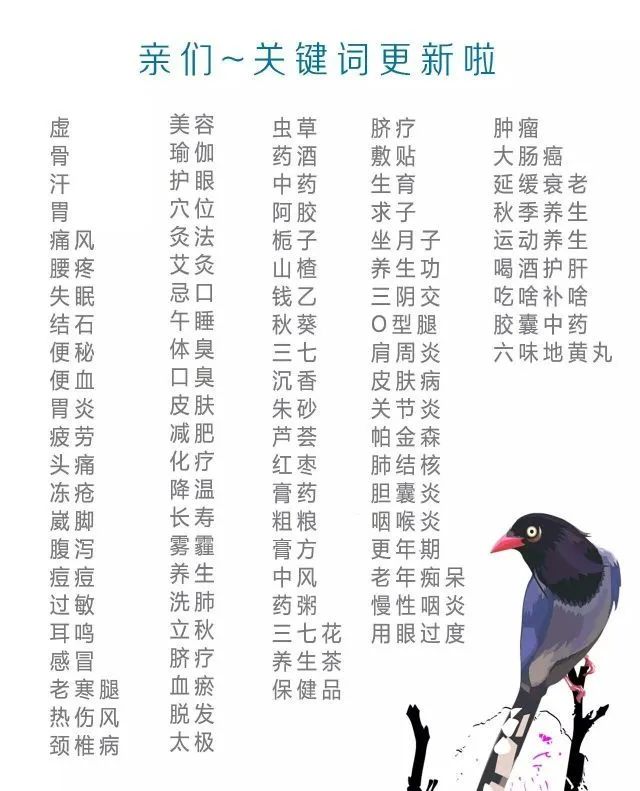Whenever there is severe haze, sandstorms, dry and cold weather, or during the flu season, many people feel that their throat is “not refreshing”; it may be dry and itchy, or there may be a foreign body sensation, and the only relief comes from clearing the throat repeatedly.
However, frequently clearing the throat is actually a mistaken practice, as this action tightens the vocal cords momentarily, and the airflow inside and outside the respiratory tract violently vibrates the vocal cords, causing damage. This not only makes the throat even drier and itchier but can also induce chronic pharyngitis and other diseases.
Therefore, when feeling discomfort in the throat, it is best to take a large sip of water and swallow slowly; if there is no water available, the action of swallowing repeatedly can replace throat clearing.
Four Causes of Throat Discomfort
The reasons for throat discomfort are numerous, including climate, diseases of the nasopharynx, larynx, and stomach, as well as some psychological factors.
1. Degeneration of the Pharyngeal Mucosa
The trachea has cilia that help expel foreign dirt or phlegm formed by bodily pathogens, but as one ages, the function of the cilia deteriorates. When a cold occurs or there are external irritants, throat discomfort easily arises.
2. Environmental Factors
This includes temperature, air quality, and odor irritants. For example, a sudden drop in temperature can induce local throat discomfort or nasal allergy symptoms; haze and other air pollution can cause the cilia in the throat to move vigorously, thus exacerbating throat discomfort; smoking, secondhand smoke, and kitchen fumes can also irritate the pharyngeal mucosa, leading to acute inflammation.
3. Disease Factors
Throughout life, the air and food we consume must pass through the throat, so many initial symptoms of diseases manifest in the throat area. For instance, post-nasal drip caused by rhinitis, sinusitis, or nasal allergies, or acid reflux from gastrointestinal diseases can irritate the throat.
4. Psychological Factors
When excluding environmental, degenerative, and disease factors, and in the absence of smoking or alcohol stimulation, a persistent urge to clear the throat may indicate psychological issues, although such cases are relatively rare in clinical practice.
Treating Throat Discomfort with ‘Supporting the Right and Expelling the Evil’
For patients with throat discomfort, clinical diagnosis is primarily conducted through laryngoscopy and gastroscopy, followed by treatment based on specific conditions.
In Western medicine, if throat discomfort is caused by a cold or nasal issues, one should consult an otolaryngologist, who will typically prescribe anti-inflammatory medications, expectorants, and soothing agents to alleviate symptoms of dryness, itchiness, tightness, and pain in the throat. If gastrointestinal issues are the cause, a consultation with a gastroenterologist is necessary, and treatment may involve medication or surgery. If the discomfort arises from environmental factors or bodily degeneration, preventive measures should focus on lifestyle improvements.
In Traditional Chinese Medicine (TCM), a comprehensive diagnosis is made through the four examinations, and prescriptions are tailored accordingly. For throat discomfort caused by external pathogens, expelling the evil is necessary; if it is due to insufficient immunity, supporting the right is required. Based on local discomfort, formulas are adjusted according to meridians and organs. Common herbs for expelling evil include Huang Lian (Coptis) and Huang Qin (Scutellaria) for clearing heat and detoxifying; for supporting the right, Huang Qi (Astragalus) and Ren Shen (Ginseng) are used to tonify Qi. For conditions resulting from bodily degeneration or poor lifestyle habits leading to Yin deficiency, herbs like Mai Dong (Ophiopogon), Sheng Di (Rehmannia), and Yu Zhu (Polygonatum) are used to nourish Yin and moisten the lungs. Additionally, for severe gastroesophageal reflux causing throat dryness and acid reflux, TCM often employs Chen Pi (Tangerine Peel), Shan Zha (Hawthorn), Mai Ya (Barley Sprout), Ji Nei Jin (Chicken Inner Gold), and Shen Qu (Fermented Mass) to promote gastrointestinal motility and reduce discomfort, along with Wu Bei Zi (Cuttlefish Bone) for its acid-neutralizing effect.
It is also important to take care of the voice, ensuring that daily speaking and singing are not excessive or continuous; after prolonged vocal use, adequate rest should be ensured; and attention should be paid to proper vocal techniques.
This article is selected from “Family Medicine” 2021, Issue 1, Page 28
The author is Associate Professor Yan Haixia from the Department of TCM Diagnostics, Shanghai University of Traditional Chinese Medicine


(Dang Gui (Angelica), Zhi Zi (Gardenia), Lian Qiao (Forsythia))

